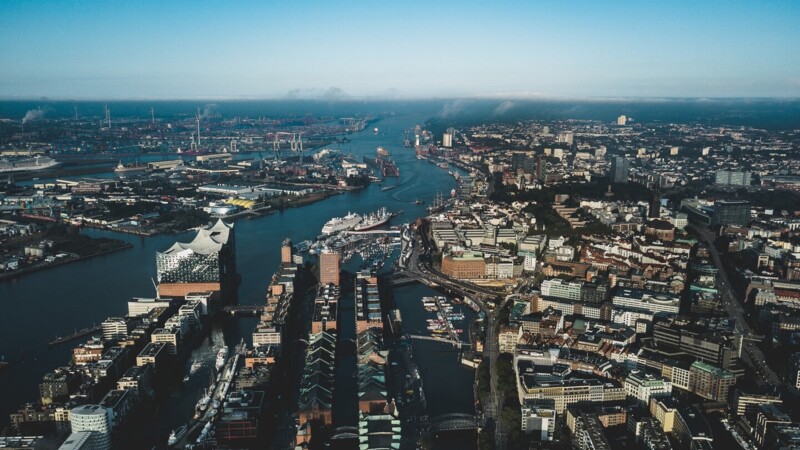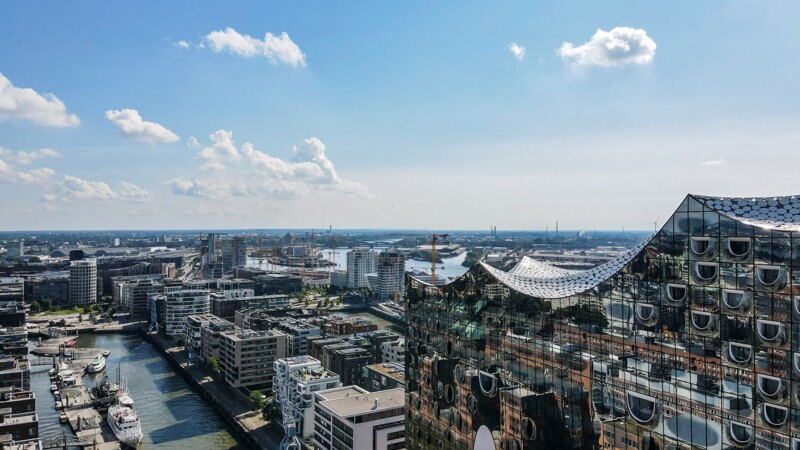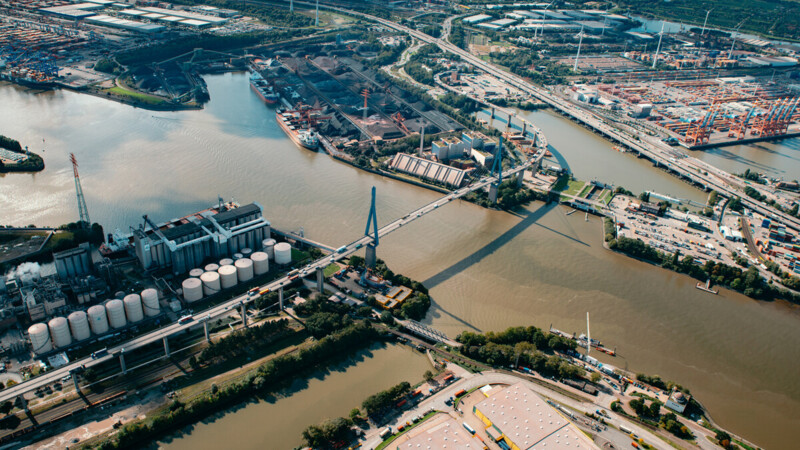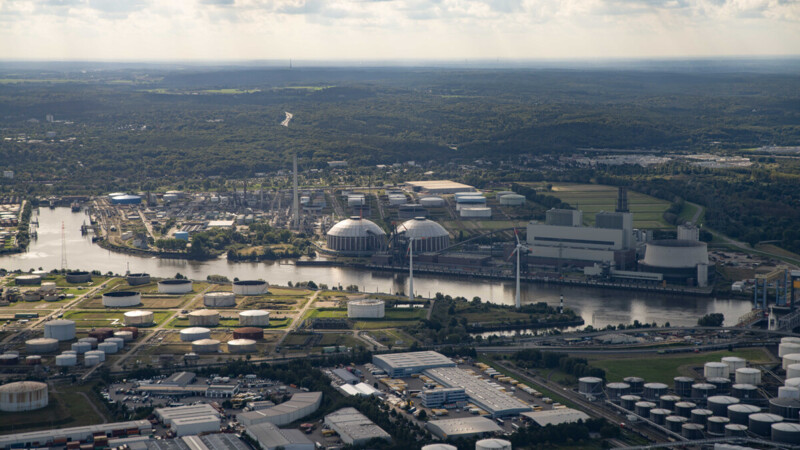"Energy-intense companies are facing many challenges at present. We all agree that the pending transformation can only be mastered in close co-operation," said Dr Melanie Leonhard, Senator for Economics. "Industry plays an important role in society as a whole, without which we will not be able to achieve our goals e.g., lowering emissions and transforming the working world," she added. Emphasis is on industrial development in future, "good work", achieving climate neutrality and good framework conditions for companies. "That includes swift approval procedures for relocations, expansions and new projects, the provision of suitable land and backing the training of skilled workers," said Dr Peter Tschentscher, Mayor of Hamburg.
The senate, the industrial association, the Chamber of Commerce and trade unions have agreed on an "Industrial Master Plan" outlining policy measures through 2028 in a bid to boost Hamburg’s competitiveness, a press release said (May 9, 2023). Industry accounts for 40 per cent of turnover and every sixth job in Hamburg making the city Germany’s largest industrial centre.
Co-operation to boost industrial development
Fields of action and measures
The master plan had identified five fields of action namely infrastructure, innovation and digitalisation, climate, energy and environment, work, education and qualification as well as industry and society. The measures include the provision of urban commercial and industrial space, more quantum computing efforts, diversity and increasing the proportion of women, as well as studies on the potential of technologies using carbon dioxide. A task force is to set up to make industry more resilient and help withstand crises and changes. The measures will be assessed in 2028.
nj/sb/pb
Sources and further information
More
Similar articles

Hamburg among most promising cities of the future, FDI survey finds

Hamburg Invest generates record EUR 828 million investment

Industry in Hamburg notches up significant increase in turnover
